The Clean Space Office has been involved for years in the fight against Earth and space pollution. When it comes to such great and complex endeavours, trend setters such as ESA have a responsibility to educate new generations and other players in the space field about tools and technologies that could aid in the solution of these issues.
For this reason, the Clean Space team started to share its knowledge, discoveries and passions on how to minimise environmental impacts on Earth and in space, developing three particular educational tools in the past years.
The space Life Cycle Perception board game
In 2016 the Life Cycle Perception board game was developed with Quantis – a Swiss company specialised in Sustainability Consulting. Since then, various scientific European universities, such as EPFL, ISAE Supaero and TU Delft, as well as our ESA colleagues play the game with enthusiasm and dedication.
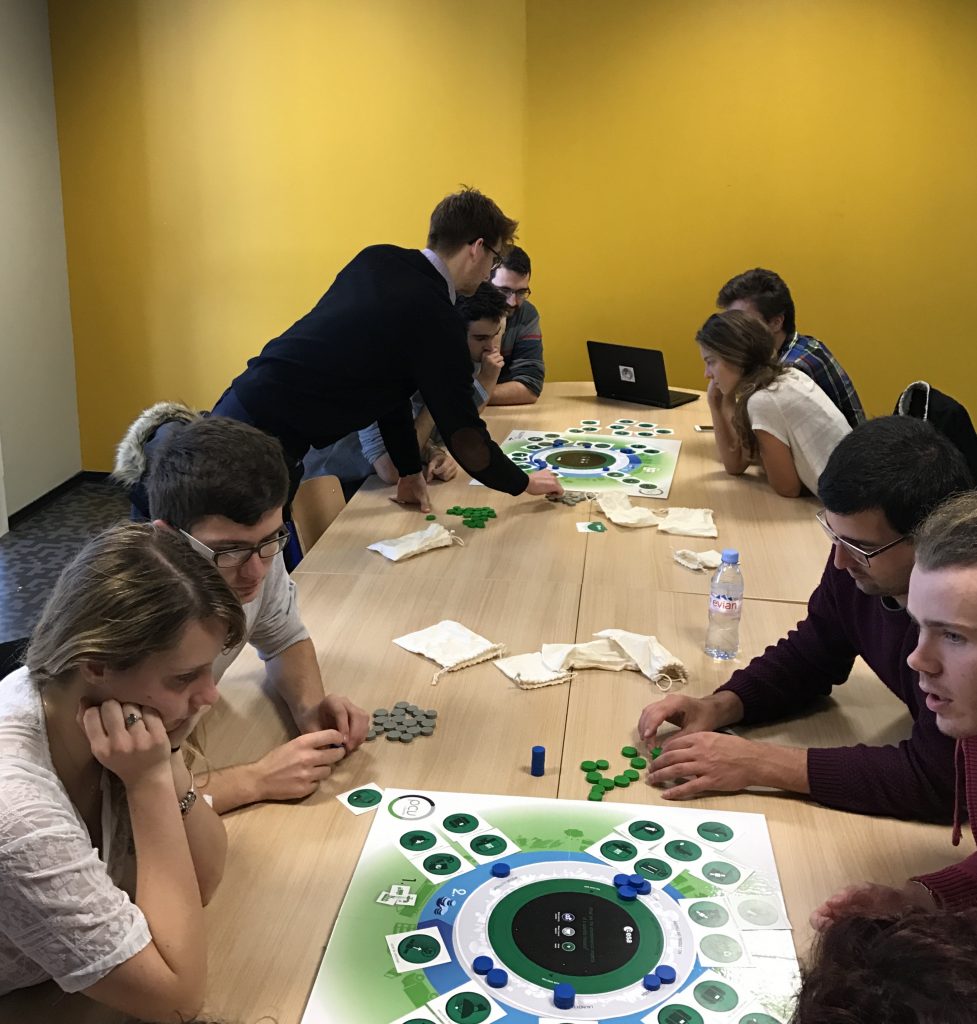
Each team playing the game has to build up the life cycle of a space mission, which includes all phases from design to space operations. Afterwards, they have to find out which phase is the biggest contributor to a variety of environmental impacts such as mineral depletion or carbon dioxide emission – this part of the game can trigger intense discussions! At the end, the board is flipped to reveal the true environmental impacts of each phase. This usually shows a great difference between reality and perception, which highlights how much education on this topic is still needed.
The primary objective of the Life Cycle Perception game is to improve awareness about the most polluting phases of space missions and the various indices that can be used to measure the environmental impact of a mission. At a more fundamental level, it teaches players that environmental sustainability should be embedded from the very beginning of mission design.
The Life Cycle Perception game can be played anywhere, as long as a game leader – a space ecodesign expert – is present. Hopefully in the future there will be more chances to line-up more game-sessions across Europe.
The first Life Cycle Assessment and EcoDesign for Space missions course
In 2015, ESA launched the first Life Cycle Assessment and Eco-design for Space Missions course. Over two days, this training course helped ESA attendees familiarise themselves with the environmental Life Cycle Assessment and eco-design concepts, and learn how these methodologies can be implemented in the space sector.
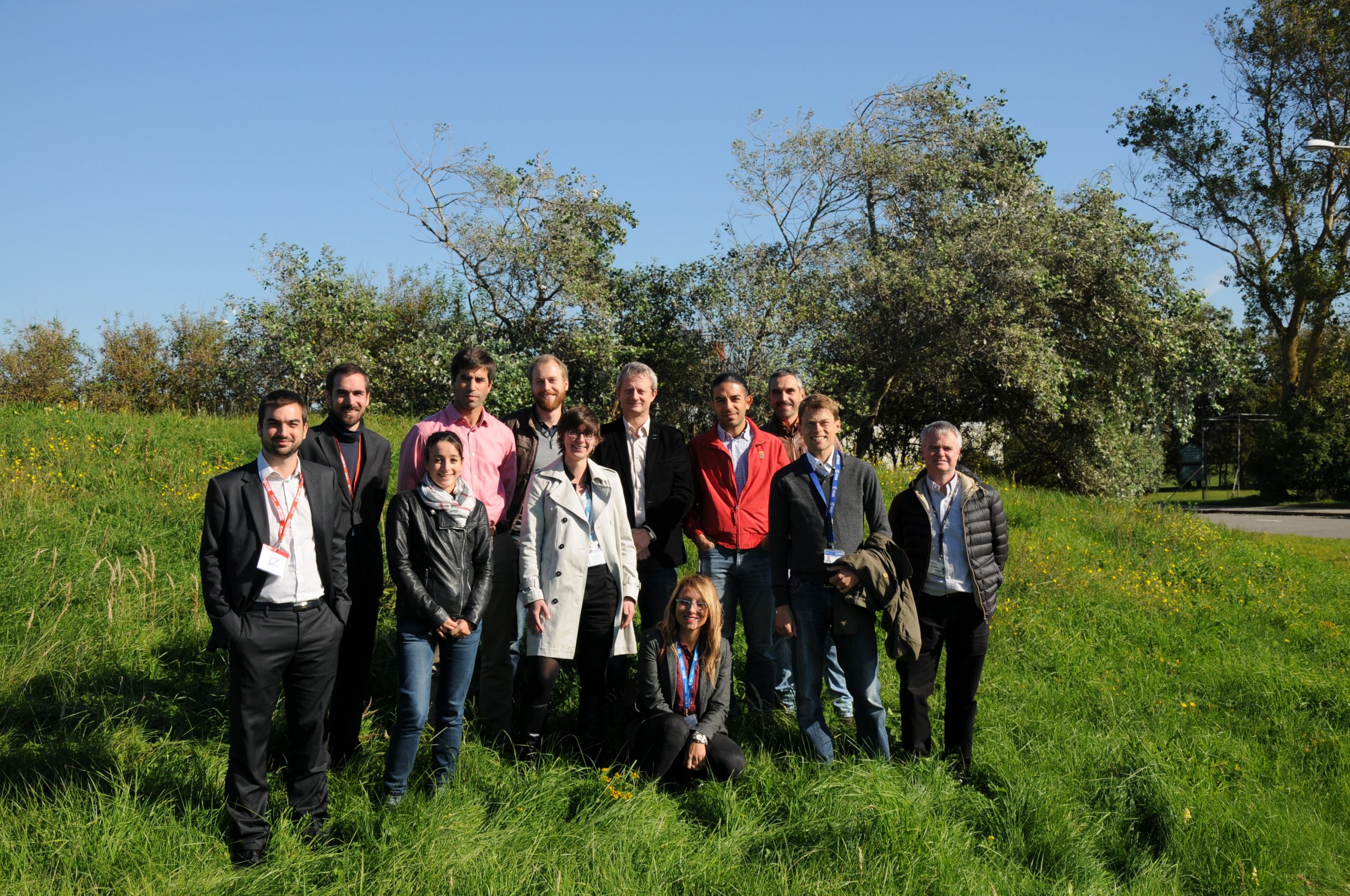
Providing the tools and motivation to integrate environmental performance as a design criterion in the development of a system, such as a space missions, was the final goal of the training.
The course made use of privileged information about ESA’s past, on-going and future actions in the field of EcoDesign.
Following the success of this internal training, ESA invited industry representatives to join as of 2018. On top of the training, participants receive guidance on how to use materials made available by ESA for European stakeholders to carry out these activities.
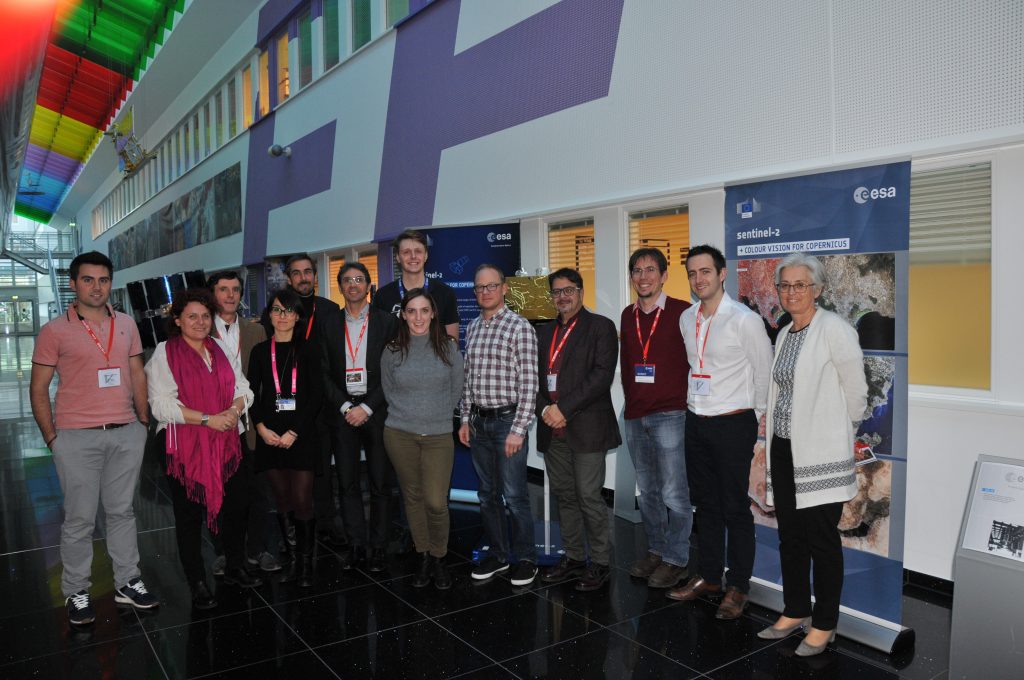
The ESA Academy Clean Space Training course
Lastly, in 2019, the ESA Academy launched the Clean Space Training Course aimed at university students (Master and PhD). This fantastic opportunity complements student’s academic knowledge with one week of intensive training focused on cutting-edge technologies and techniques to design a satellite that will not generate more debris, will remove debris already in orbit and will be environmentally friendly.
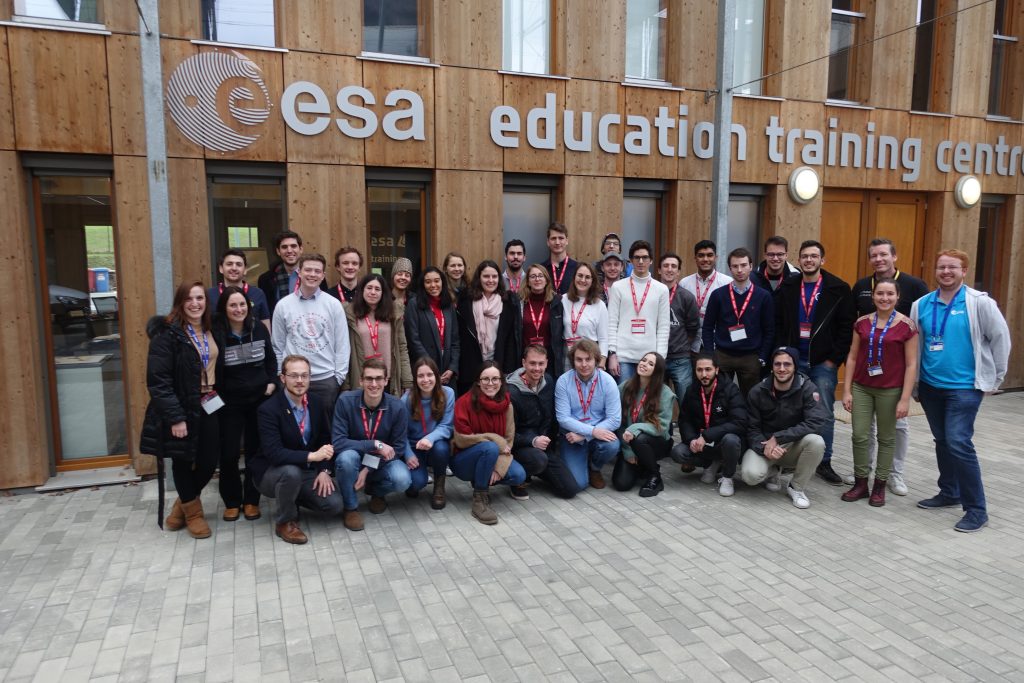
The course included daily hands-on exercises that the students were asked to work through in teams. These tasks allowed them to put into practice what they learnt each day and let them experience and solve some of the issues that a space systems engineer encounters while carrying out their job. This training was given by some of the most skilled ESA specialists and by experts from the European Commission.
Another Clean Space Training is foreseen to take place online in 2021. Stay tuned!
If you are interested in gaining knowledge about sustainability in the space sector, do not hesitate to contact us or apply for any of the aforementioned trainings. All future courses or learning opportunities developed by the Clean Space Office will be posted on this blog.
This post has been prepared by Benedetta Cattani, currently performing her internship within the ESA Clean Space team, and former attendee of the ESA Academy Clean Space Training Course.
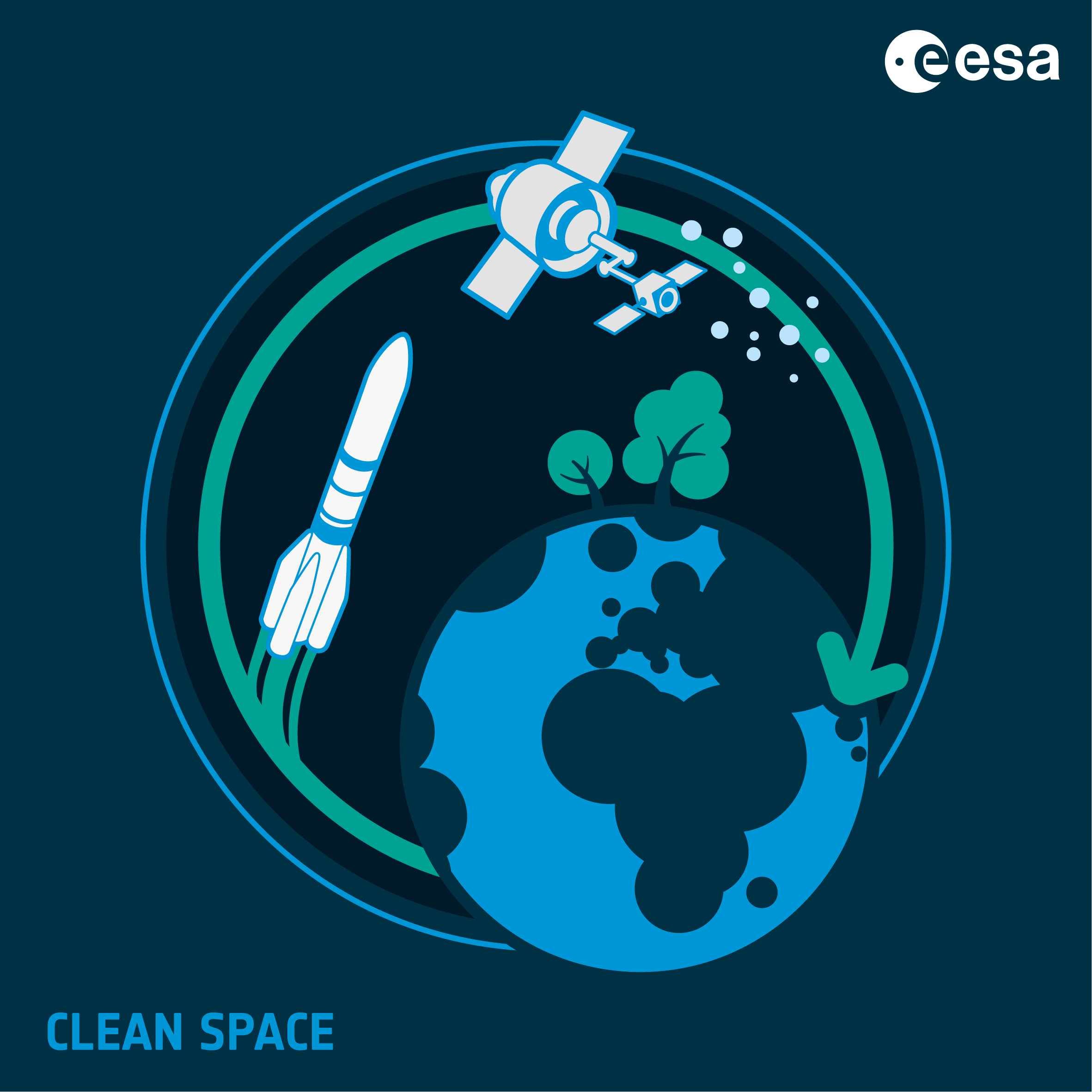

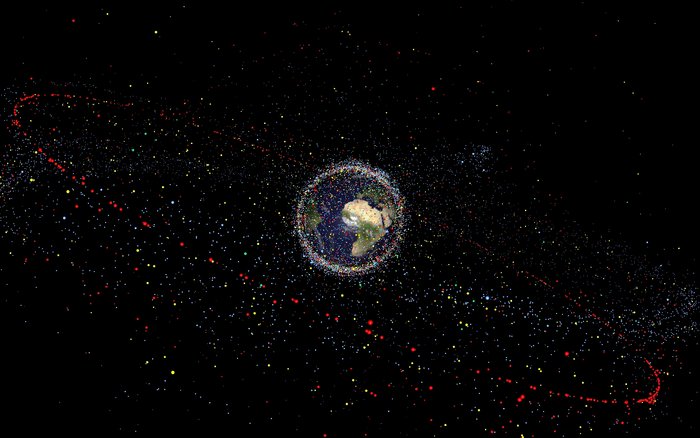
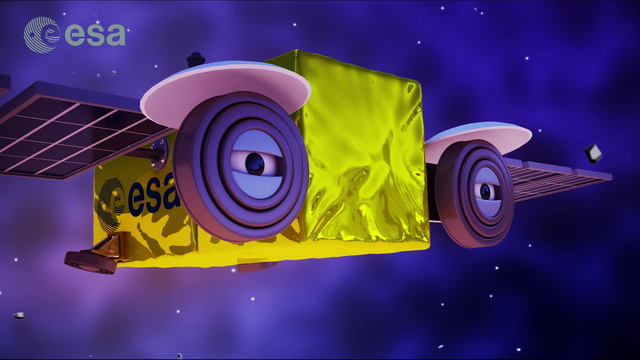
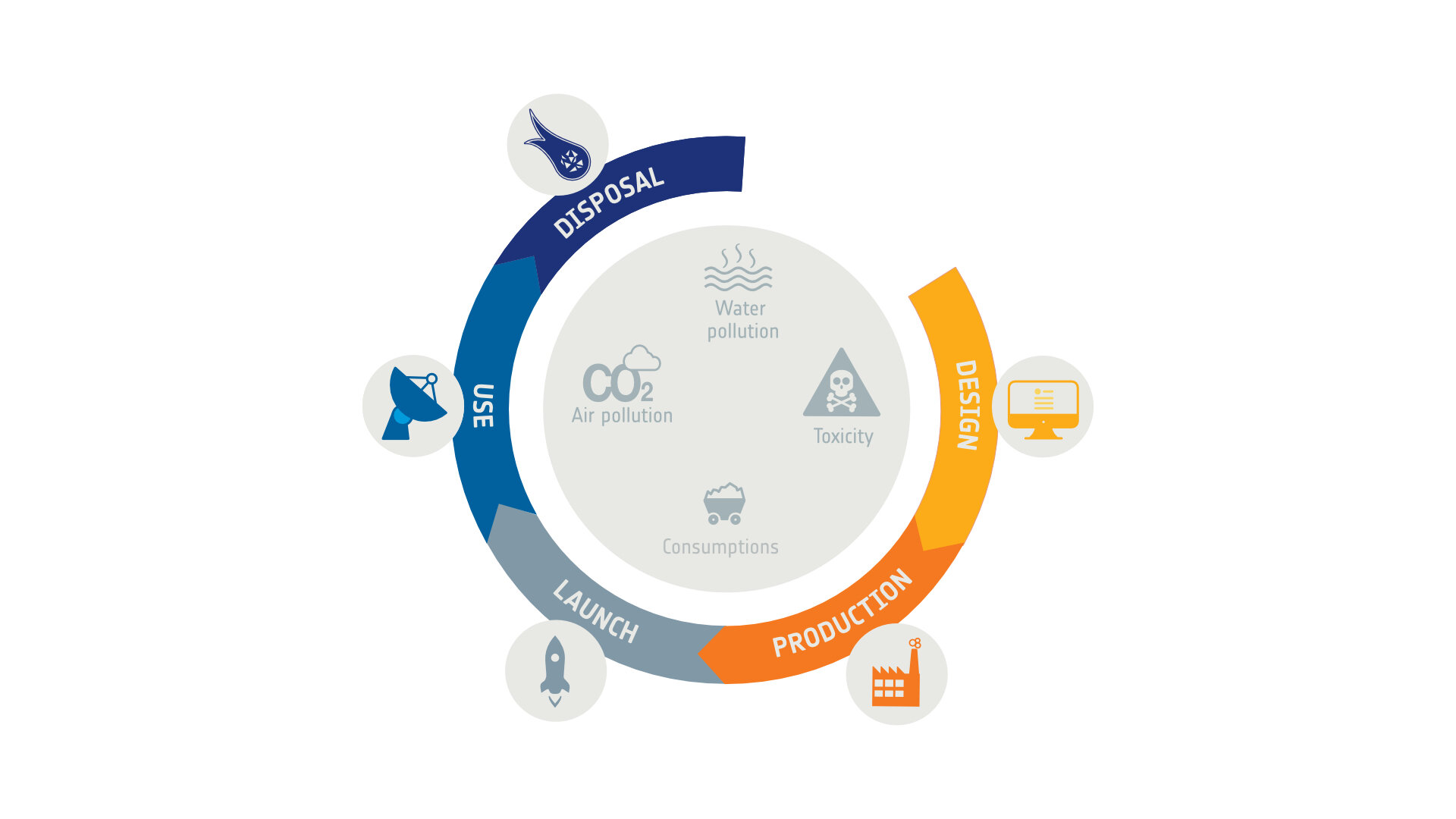
Discussion: one comment
Great work, congratulations!
FYI, we at Bombardier Aviation we developed and published the first ever Environmental Product Declaration (EPD) in the Aerospsce Industry (2 for Commercial aeroplanes and 1 for a business jet), based on a full Life Cycle Analysis and certified by third party organization, following ISO 14044, ISO 14025 and Product Category Rules (PCR). Please see here the link to our last EPD: https://www.environdec.com/Detail/?Epd=13984
Thanks and happy holidays!